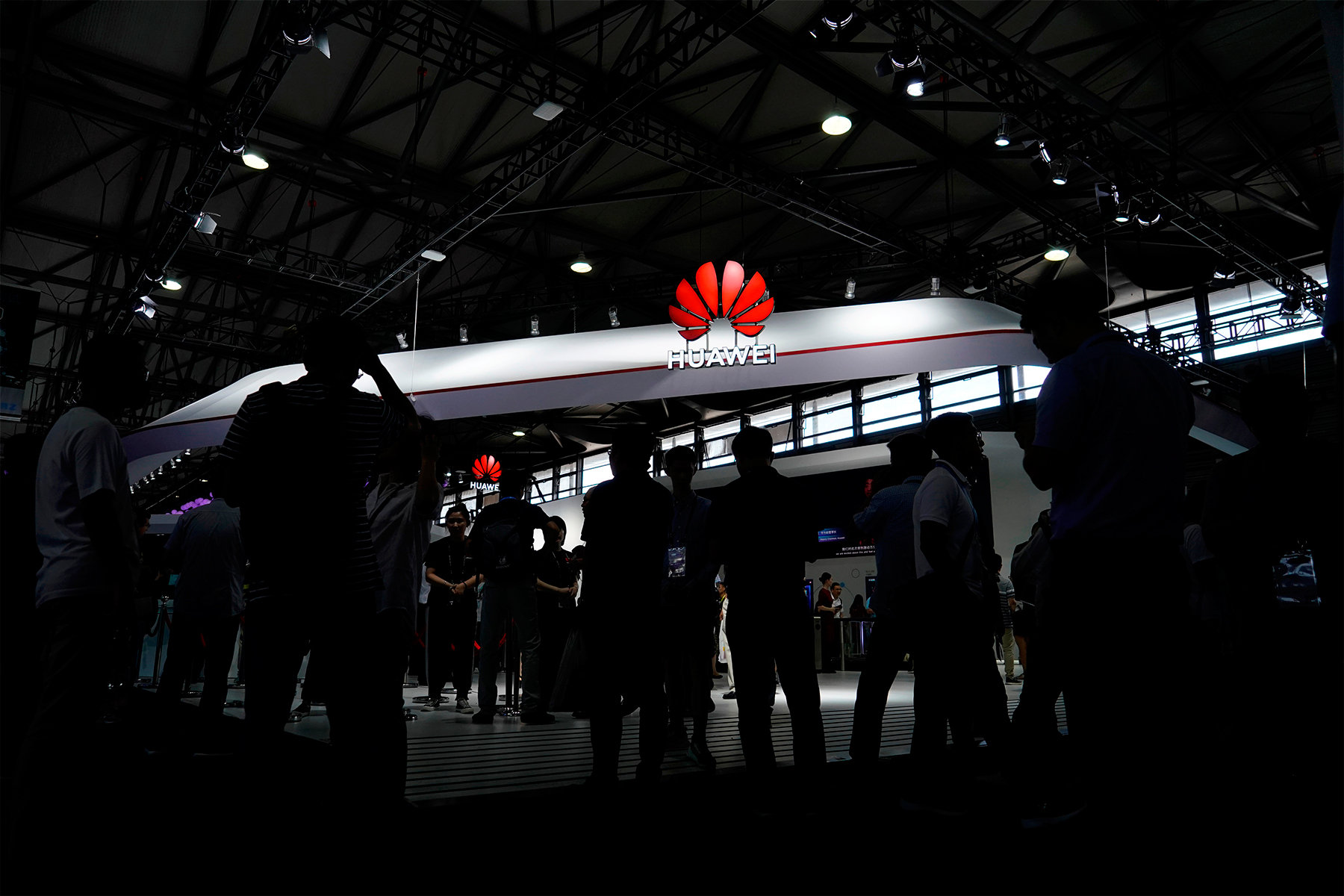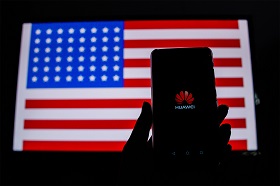The politically motivated technology war is just beginning. National security interests will increasingly influence the competition between technology platforms in a wide variety of areas. How this will affect society and business?
The COVID-19 epidemic has given a powerful boost to information and communication technologies. The economic blow dealt by global lockdowns has been reduced thanks to remote platforms. Already-existing ecosystems of financial transactions, electronic document management, data storage, etc. have mitigated the shock emanating from the rupture of usual communications. It would seem that the pandemic should have consolidated the world community in the development and implementation of new technologies for the common good. In fact, in 2020, the competition between the largest technology leaders has only intensified. COVID-19 is hardly a direct cause of increased competition. However, it was in 2020 that it reached a fundamentally new level.
The main opponents in the technology race today are China and the United States. The telecommunications industry is at the forefront of this competition. At the same time, it should be seen in the context of the new Cold War between Beijing and Washington. The US proceeds from the premise that China is an increasingly serious threat. During the presidency of Donald Trump, containment of the PRC became a key priority of White House foreign policy. The situation is unlikely to change seriously with the Joe Biden administration. Key provisions of the "United States Strategic Approach to the People’s Republic of China" recently published by the White House will remain relevant for the new administration.
The problems emanating from Chinese telecoms began with relatively minor episodes during the Obama presidency. On April 1, 2015, the President of the United States imposed a state of emergency over threats to national security in the digital environment, prompted by a hacker attack and theft of the data of more than 4 million US government employees. The Americans linked the actions of the hackers with the government structures of the PRC, although China wasn’t mentioned specifically in the state of emergency decree.
The next wake-up call was the investigation by the US Treasury and Department of Commerce of the Chinese company ZTE. It was suspected of supplying equipment with American components to Iran. As a result, the company agreed to pay significant fines to American regulators (a $100.8 million penalty was levied by the Treasury Department and a $1.4 billion fine was levied by the Trade Department). The Chinese telecommunications giant Huawei also had Iran-related problems. On December 1, 2018, Huawei CFO Meng Wanzhou was arrested in Canada at the behest of the United States. In the US, she is accused of providing HSBC bank with misleading information in an attempt to circumvent US sanctions against Iran. Huawei viewed the arrest as a politically motivated attack on the company. Huawei is still under heavy pressure from American regulators and legislators. The U.S. Defense Budget Act of 2018 and 2019 restricted US defence and government agencies from obtaining supplies from Huawei. Similar restrictions were extended to ZTE. But that was only just the beginning.
On May 15, 2019, President Trump declared a state of emergency over threats to US national security in the telecommunications sector, and the same day Huawei was subject to US Department of Commerce sanctions. They significantly limited the opportunity of American companies to supply components to Huawei. Later, the restrictions were expanded. Since May 2020, the sanctions began to apply to Huawei semiconductors manufactured overseas using US technology or US software, and the list of Huawei subsidiaries subject to sanctions was expanded. In parallel, the Americans have worked with their allies, not without success, convincing them to stop using Huawei equipment in the most advanced areas (such as 5G technologies), citing the threat of PRC espionage. Among the results is the UK's abandonment of the Chinese company's equipment for 5G networks in connection with US sanctions.
In addition to Huawei and ZTE, other Chinese companies also had problems. In August, the list was expanded to include the WeChat messenger and TikTok, a video service. Donald Trump banned their use in the United States in separate executive orders, which noted that both services allow the collection of information about users, their location and online activity. This information can be used for blackmail, espionage, censorship, disinformation, etc. However, the White House did not provide examples of such actions by Chinese companies. Interestingly, a month and a half after Trump's decision, the Alliance of WeChat Users in the United States succeeded in lifting the ban on WeChat in California's Northern District Court, and in October 2020, the Eastern District of Pennsylvania's Federal District Court suspended enforcement of the TikTok order.
In China, restrictions on telecommunications have also been in place for quite some time. However, they are of a different nature and are related to information limitations rather than technology. The country has a ‘Golden Shield’ project that restricts access to a number of foreign websites and filters out politically inappropriate information. In China, it is difficult or impossible to use Facebook, YouTube, Twitter, WhatsApp and a number of other services. However, their Chinese counterparts are functioning quite successfully.
Obviously, the politically motivated technology war is just beginning. National security interests will increasingly influence the competition between technology platforms in a wide variety of areas. On both sides of the barricades, businesses will have to cope with growing political risks.
First published in the Valdai Discussion Club.






